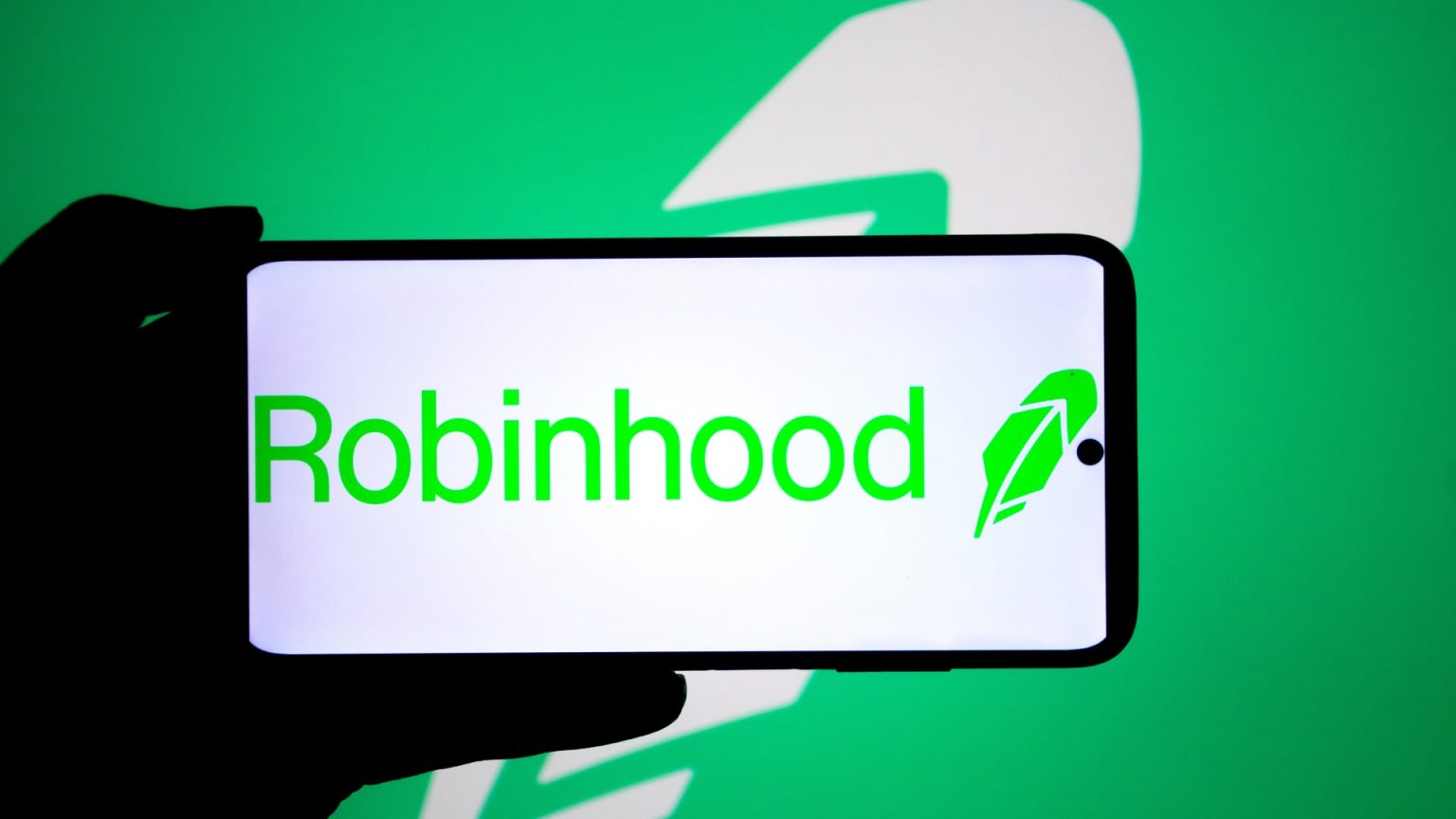Lithuania’s central bank has taken action regarding Robinhood’s recent launch of tokenized equities, following concerns raised by OpenAI. The central bank is seeking clarifications about the regulatory compliance of Robinhood’s stock tokens, which allow investors to buy shares of private companies like OpenAI and SpaceX in a blockchain-based format. This situation underscores the complexities and regulatory challenges involved in innovative financial products in the rapidly evolving cryptocurrency landscape.
| Article Subheadings |
|---|
| 1) Central Bank’s Inquiry into Robinhood Tokens |
| 2) Background on Tokenized Equities |
| 3) OpenAI’s Distancing from Robinhood’s Products |
| 4) Robinhood’s Response to Concerns |
| 5) Implications for Investors Going Forward |
Central Bank’s Inquiry into Robinhood Tokens
The Bank of Lithuania has initiated an inquiry into the legitimacy of Robinhood’s tokenized equities offering, particularly following concerns expressed by OpenAI regarding its relationship with these tokens. Giedrius Šniukas, a spokesperson for the central bank, confirmed that they have reached out to Robinhood for detailed information on the structure of the mentioned stock tokens. The inquiry aims to ensure that consumer communication about these financial products is clear, fair, and non-misleading.
This investigation emphasizes the responsibility of financial institutions to maintain transparency and regulatory compliance as they navigate the complexities of modern financial products. The Bank’s role, particularly as Robinhood’s lead regulator in the European Union, places a significant onus on them to protect the interests of investors, especially in the context of rapidly evolving technologies.
Background on Tokenized Equities
Tokenized equities represent an innovative approach to investing, allowing users to purchase shares in the form of blockchain-based tokens. Launched by Robinhood in June 2023, this product aims to provide investors in the European Union with access to shares of companies, including privately held entities like OpenAI and SpaceX.
The idea behind tokenization is to bridge traditional finance with technology by enabling fractional ownership of assets through blockchain. This could allow a broader audience of retail investors to participate in markets previously limited to institutional investors. However, the launch of such financial products must adhere to strict regulatory frameworks to avoid misleading consumers regarding ownership and rights associated with these tokens.
OpenAI’s Distancing from Robinhood’s Products
In the immediate aftermath of Robinhood’s announcement about tokenized equities, OpenAI publicly distanced itself from the product. Utilizing social media platform X, OpenAI clarified that the tokenized equities labeled as “OpenAI tokens” do not equate to actual equity in the company. They emphasized their lack of partnership with Robinhood and underscored the need for any transfer of ownership to receive proper approval from OpenAI.
The statement from OpenAI reflects a growing concern about misrepresentation in the tokenized equity space. By explicitly stating their lack of involvement, they seek to protect their brand and reassure potential investors that such offerings should be approached with caution.
Robinhood’s Response to Concerns
Following OpenAI’s warning, Robinhood responded to these public concerns by defending its product. The company stated that its stock tokens provide retail investors with indirect exposure to private markets, aiming to increase accessibility for smaller investors. Robinhood explained that the tokens are backed by their ownership stake in a special purpose vehicle that facilitates these transactions.
However, this explanation does not absolve Robinhood from responsibility concerning the clarity and legality of its offerings. As the inquiry from the Bank of Lithuania progresses, it will become increasingly important for Robinhood to demonstrate that their product complies with existing regulatory standards and to communicate effectively with investors.
Implications for Investors Going Forward
As Lithuania’s central bank undertakes its examination of Robinhood’s tokenized equities, investors must remain vigilant. The situation reveals a complex landscape where innovation in finance collides with inflexible regulatory frameworks. Potential investors need to thoroughly evaluate the legality of such offerings and the potential risks associated with blockchain-backed products.
For many retail investors, the allure of tokenized equities lies in increased access to high-value stocks. However, essential to their decision-making process will be the clarity of the information provided and the understanding of their rights as investors in this new ecosystem. This scenario raises questions about how traditional financial principles adapt to emerging technologies.
| No. | Key Points |
|---|---|
| 1 | The Bank of Lithuania is investigating Robinhood’s tokenized equities following OpenAI’s concerns. |
| 2 | Tokenized equities allow fractional ownership in shares of private companies through blockchain technology. |
| 3 | OpenAI has distanced itself from Robinhood’s tokenization, emphasizing the lack of partnership. |
| 4 | Robinhood claims its tokenized stocks provide retail investors with access to private markets. |
| 5 | Investors are urged to be cautious and informed regarding tokenized equity products. |
Summary
In conclusion, the inquiry by the Bank of Lithuania into Robinhood’s tokenized equities highlights the ongoing tension between innovation in financial technology and regulatory compliance. This scrutiny is essential not only for consumer protection but also for the sustainability of such innovative financial products. As tokenized equities become more prevalent, it is crucial for both providers and consumers to navigate this new terrain carefully to ensure trust and transparency in the investment landscape.
Frequently Asked Questions
Question: What are tokenized equities?
Tokenized equities are financial products that allow investors to purchase shares in the form of blockchain-based tokens, making it easier to own fractions of high-value stocks.
Question: Why is the Bank of Lithuania investigating Robinhood?
The Bank of Lithuania is investigating Robinhood to ensure that its stock tokens comply with financial regulations and that consumer communications are clear and transparent.
Question: How has OpenAI responded to Robinhood’s tokenized offerings?
OpenAI has distanced itself from Robinhood’s tokenized offerings, stating that they did not partner with the company and that the tokens do not represent actual equity in OpenAI.


